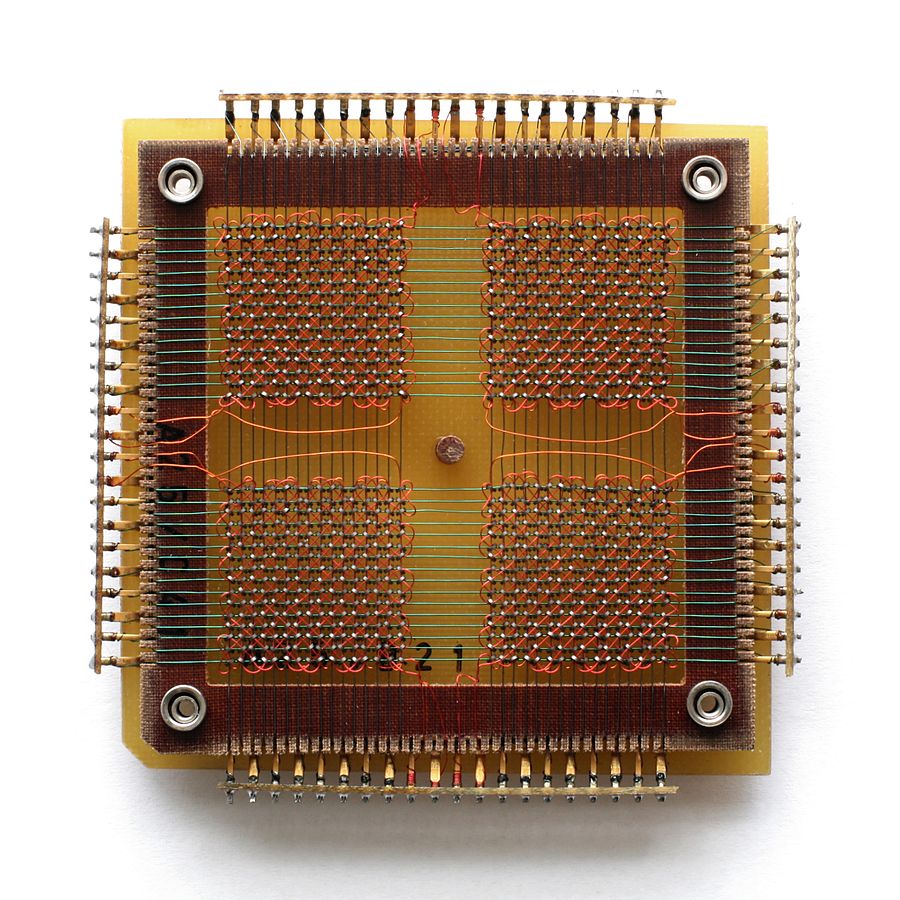 |
| At the core of the matter :-) |
From the tiny domain of modern microelectronics, let's turn to the vast realm of space. Regarding the latter, a Canadian firm has proposed a new type of space elevator.
| First step is a doozie |
Space elevators sound simple and elegant. So, you might wonder, why hasn't anyone built one? The most basic reason is we can't build the cable. Single-wall carbon nanotubes and diamond nanothreads are both strong enough -- but until someone can manufacture at least one of those materials in kilometer lengths, rather than centimeters, traditional space elevators seem unlikely to happen.
The new proposal? Build the elevator "only" to a platform extending into the stratosphere. Launching from there, high above the densest parts of the atmosphere, offers big advantages. That's not to say building a structure that extends into the stratosphere is easy. See "Inflatable ‘space elevator’ invented by scientists: Astronauts would ascend 12 miles into the stratosphere before taking off under new plans to build a space lift."
We've looked at items big and small. How about something that's sorta intangible? As if our modern, networked age didn't already confront enough issues, here's word of a whole new way to compromise our security: with sound. See "U.S. researchers show computers can be hijacked to send data as sound waves."
Here's how: "The attack program takes control of the physical prongs on general-purpose input/output circuits and vibrates them at a frequency of the researchers’ choosing, which can be audible or not. The vibrations can be picked up with an AM radio antenna a short distance away." Yes, the attack requires first getting attack software onto the target computer, but stranger things have happened ...
Do you trust your PC's (and tablet's, and phone's) security software? Maybe you shouldn't. Consider the report that "Russian antivirus firm faked malware to harm rival." (The firm is Kaspersky, if you hadn't guessed.)
It's enough to drive a person to drink. So in good news about potable beverages: " 'Drinkable book' could give millions access to clean water: With pages that can filter out bacteria, the drinkable book may solve a major public health problem for the 750 million people worldwide without access to clean drinking water."
| Hackable at any speed? |
Perhaps it's time to seek out something stronger to imbibe than water ...


































No comments:
Post a Comment